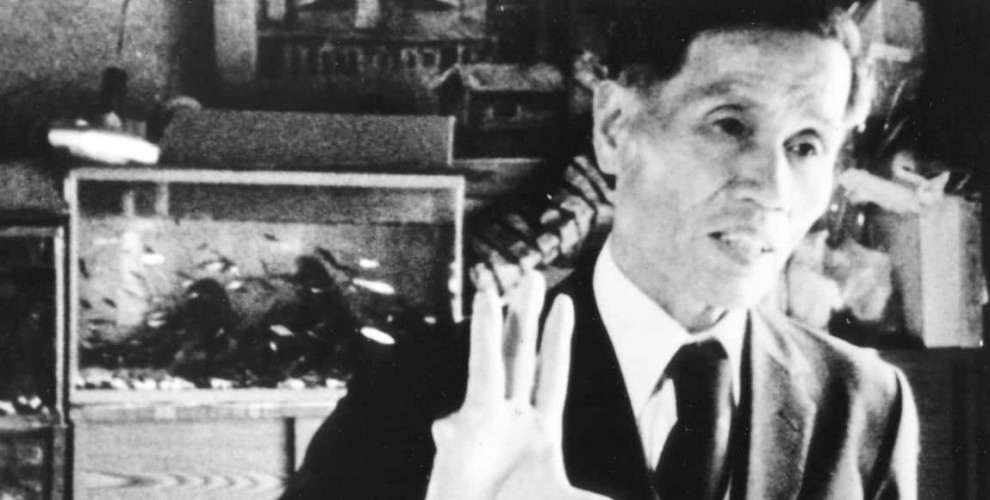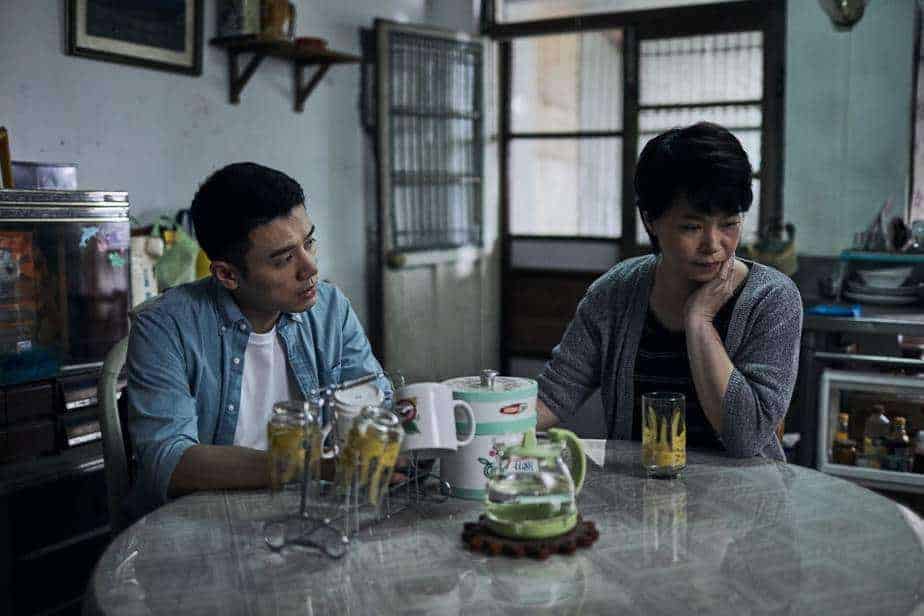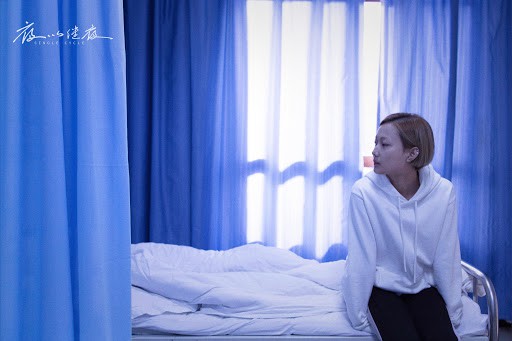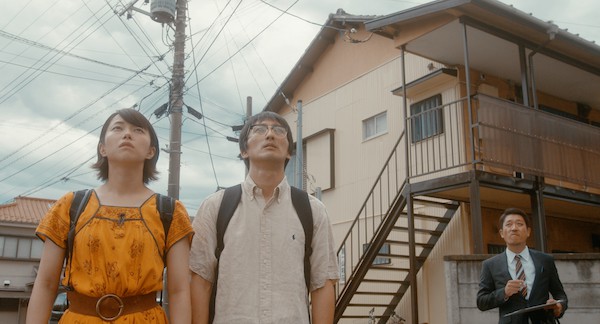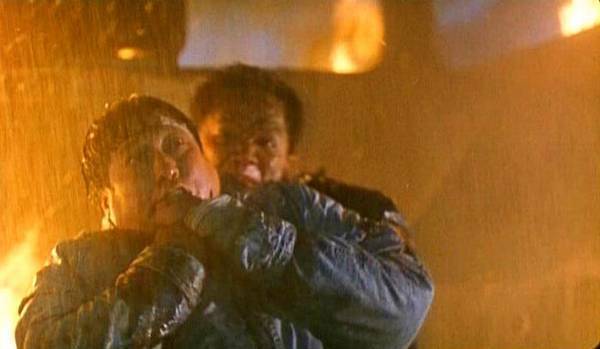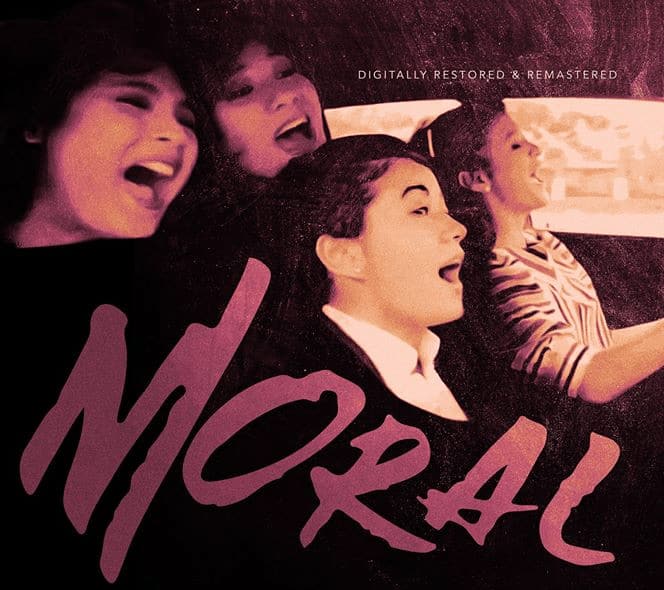When filming a documentary, you might expect the director, or rather the camera, to keep a certain distance towards the subject, thus allowing the audience to make up its mind about the events which unfold. When dealing with issues such as war, abuse and politics, a level of distance may encourage a thought process in the viewer's mind, but then again if you, as a filmmaker, feel strongly about a topic or want to uncover perhaps more, which might otherwise be hidden from the eye, perhaps this distance can be quite an obstacle. In the case of the documentaries by Japanese director Kazuo Hara, this concept comes into place, and is maybe best suited considering the often quite personal connection of the subject to the filmmaker's biography. In his 1987 feature “The Emperor's Naked Army Marches On”, one of the most well-known documentaries by the director, he chooses the topic of Japan's post-war trauma, how it has failed to come to terms with the atrocities committed, as the camera follows one man's path to deliver justice and uncover the truth.
The Emperor's Naked Army Marches On is screening at Japan Society
The man's name is Kenzo Okuzaki and his God-given task in life, as he calls it, is to find out the truth behind three executions in the garrison where he served, all of which took place after Japan's surrender. His relentlessness and, if necessary, use of violence to get the answers he needs, has caused quite a few conflicts with the law, and his deeply-rooted hate towards the emperor, who he sees as the sole culprit for the crimes he investigates, has resulted in him serving 13 years in jail altogether. Hara and his team accompany Okuzaki on his various unannounced visits to former members of the garrison, together with two relatives of the executed soldiers, who also demand answers. While the former soldier remains polite at first, his line of questioning slowly increases the pressure on the men, who, if Kenzo realizes they contradict themselves, evade a direct answer or simply stay silent, become victims of his rage and violent attacks.

The theme of post-war-trauma within “The Emperor's Naked Army Marches On” carries a double meaning. Indeed, Kazuo Hara covers this topic, but not quite through Okuzaki's “divine crusade” which he follows with his camera, but rather through the contradictions and violence of Kenzo, who, in a way, reflects best the kind of trauma of having seen such atrocities. The tall, lean man, dressed in a suit carries these experiences with him, but rather than staying silent, he aims for some kind of justice for what he and many others had to go through. As the camera observes even his most violent outburst, for example, when he attacks a handicapped man for giving an unsatisfactory answer, we begin to realize how the war may have ended, but certainly not for this man.
Overall, Kazuo Hara's visual language is simple, but effective. While staying close to Okuzaki all the time, sometimes bordering on being some kind of companion, he enforces a very different kind of confrontation. There is no level of judgment applied on the former soldier via aesthetic means, he is rather a representation for an atmosphere in which talking about the past is taboo or considered unsafe. At the same time, his contradictory personality, combined with his problematic notions towards violence and the political right, make him intense and uncomfortable. We might want to condemn some of his actions, but the audience might be in a dilemma, because his quest for the truth is something we also admire in a way.
In the end, “The Emperor's Naked Army Marches On” is an intense, at times quite uncomfortable documentary about the post-WW”-trauma of Japan. Kazuo Hara uses a very confrontational approach to show the contradictory aspects of his topic, while also provoking an emotional response from his viewer, which is done quite effectively.


